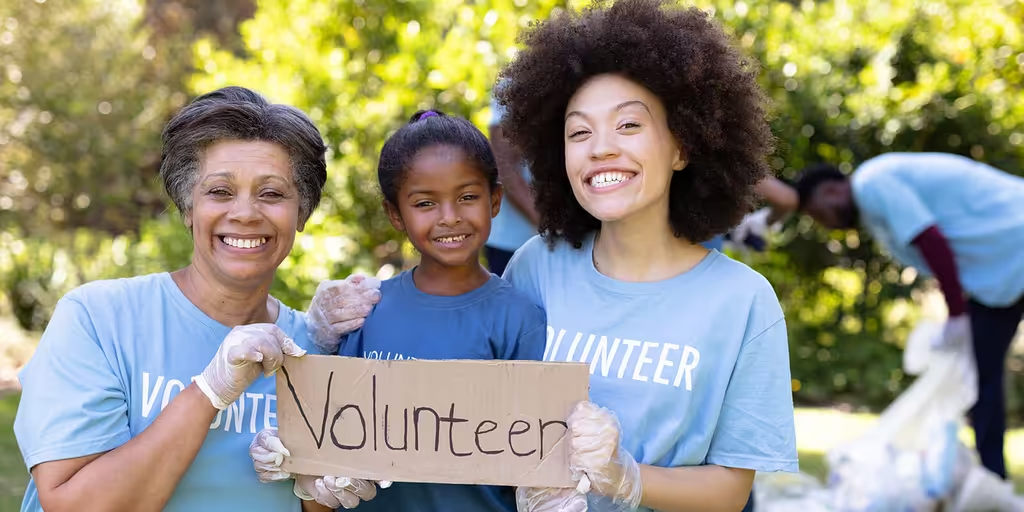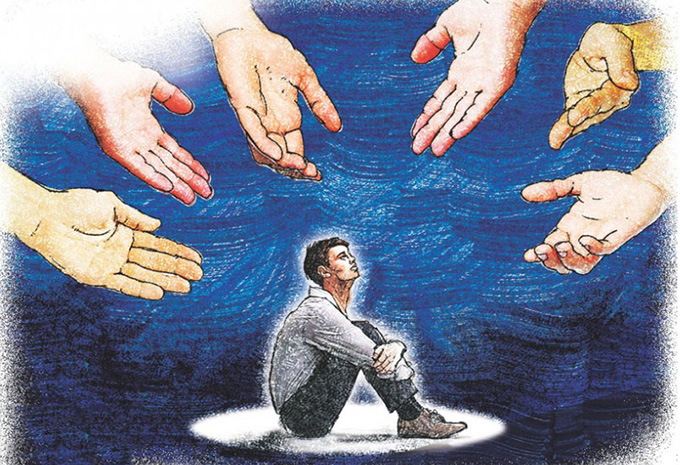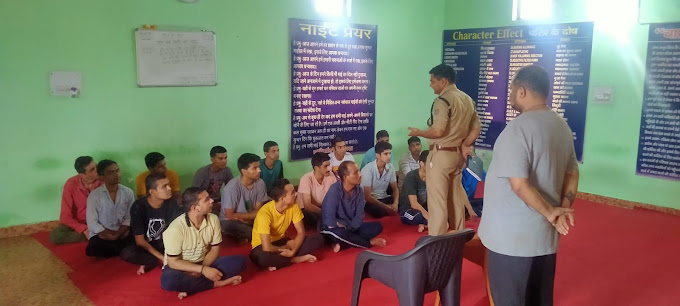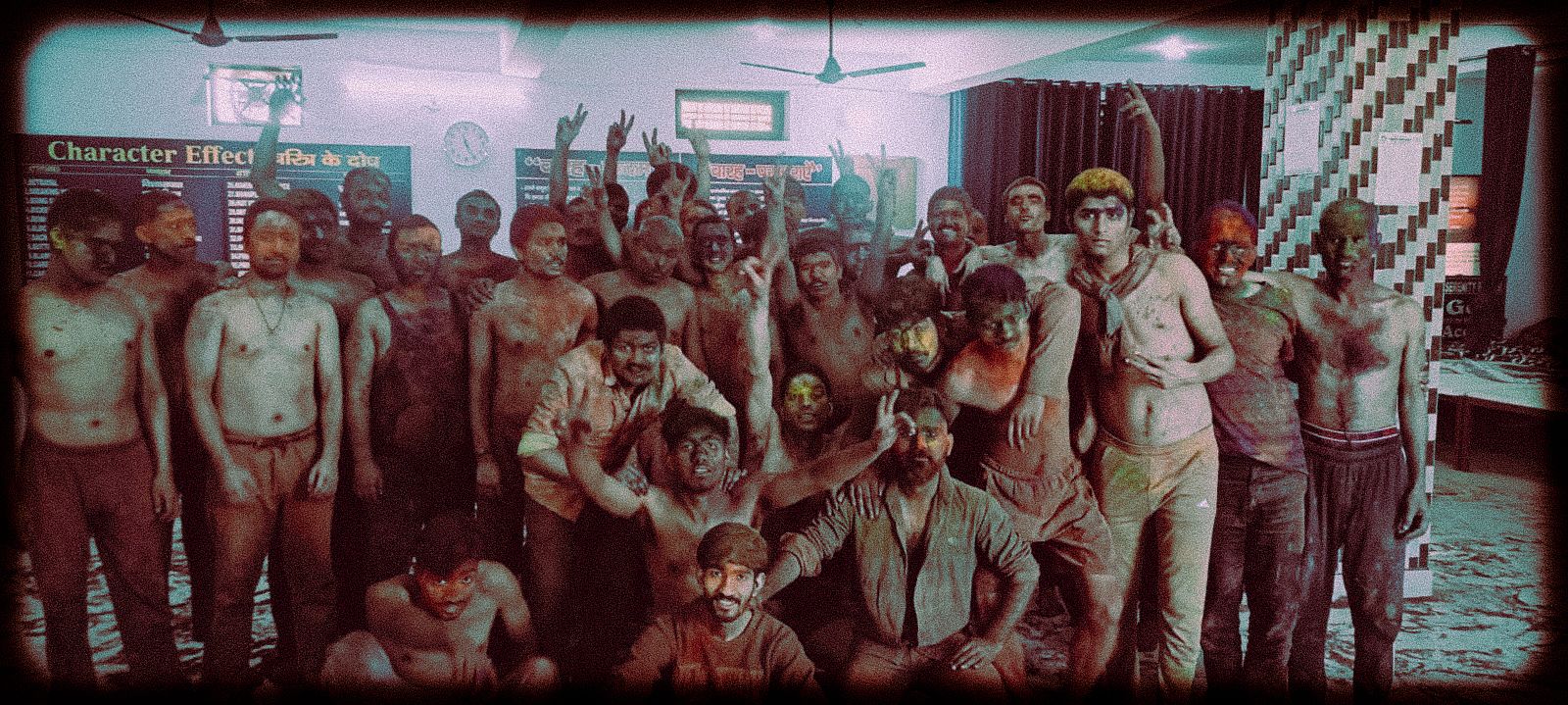Rehabilitation is a critical phase of recovery, but the real transformation often begins after leaving the structured environment of a rehab center. One of the most empowering and fulfilling activities a recovering individual can engage in is volunteering after rehab.
There are lot of mental health benefits of volunteering. When people engage in volunteering after rehab, they begin to step outside of their own struggles and reconnect with the broader world. It creates a sense of value, purpose, and stability—essentials for anyone rebuilding a life after addiction. From offering time at local shelters to supporting other recovering individuals, the act of giving back becomes a cornerstone for lasting mental and emotional recovery.

What is Mental Health?
According to World Health Organisation, Mental Health is a state of mental well-being that enables people to cope with the stresses of life, realize their abilities, learn well and work well, and contribute to their community. It is an integral component of health and well-being that underpins our individual and collective abilities to make decisions, build relationships and shape the world we live in. Mental health is a basic human right. And it is crucial to personal, community and socio-economic development.
Why is it important to promote Mental Health and prevent its interventions ?
Promotion and prevention interventions work by identifying the individual, social and structural determinants of mental health, and then intervening to reduce risks, build resilience and establish supportive environments for mental health.
It is important to promote and prevent its interventions because:
- It prevents suicides among all age groups at a large scale.
- Helps build in a sound mind and body.
- It gives a boost to your confidence.
- Helps you to connect to your inner self.
- has n number of mental health benefits for people recovering from addiction.

Volunteering: A Natural Extension of Healing
After months of introspection, therapy, and healing, individuals often look for ways to reconnect with life on a deeper level. Volunteering after rehab offers this connection. It’s not just about being busy—it’s about being useful. People in recovery are often surprised to find that the act of helping others helps them even more.
At Aarogya Sewa Samiti – best Nasha Mukti Kendra in Dehradun, therapists and counsellors regularly recommend volunteering as part of post-rehab care. Engaging in service provides structure, routine, and an external source of motivation. More importantly, it provides a new identity—one is not defined by addiction, but by contribution.
The beauty of volunteering after rehab is that it allows recovering individuals to experience daily wins. Helping others brings appreciation and acknowledgement, reinforcing the self-worth that may have been lost during addiction.
Boosting Self-Esteem and Confidence
One of the key challenges after rehab is rebuilding self-esteem. Addiction often leaves individuals feeling ashamed, isolated, and unsure of their capabilities. However, volunteering after rehab offers a low-pressure environment where individuals can feel productive, appreciated, and needed.
The small acts—mentoring someone, distributing food, cleaning public spaces—generate internal rewards. Each positive interaction rebuilds a sense of dignity and respect. Over time, these experiences reinforce the belief that one is not only sober but capable of living a meaningful life.
At Aarogya Sewa Samiti, the focus is not just on detoxification but on complete rehabilitation. That means integrating individuals into community roles where they can discover their strengths and contributions. Volunteering after rehab acts as a confidence-building bridge between treatment and total independence.
Reducing Anxiety and Depression Through Service
Mental health issues like anxiety and depression often co-occur with substance abuse. While therapy and medication are essential, volunteering after rehab provides an additional, natural layer of emotional support. Studies consistently show that volunteering can lower cortisol levels (stress hormones), improve mood, and reduce feelings of loneliness.
Helping others provides an immediate emotional lift. It also breaks the cycle of rumination—where individuals focus excessively on their own fears or past mistakes. Instead, they shift focus outward, engaging with real-world challenges and solutions. This outward focus is key to sustainable mental health recovery.
Aarogya Sewa Samiti integrates such service opportunities into aftercare plans, recognizing that emotional well-being is just as critical as physical health in the recovery process. Those who embrace volunteering after rehab often report feeling happier, more balanced, and more optimistic about their future.

Creating a Sense of Purpose
A major emotional void that many face after rehab is the question: What now? This existential uncertainty can be a trigger for relapse if left unaddressed. Volunteering after rehab gives recovering individuals a new narrative—a life driven not by escape, but by purpose.
Having a reason to wake up, show up, and be consistent makes all the difference. Whether it’s working with children, animals, environmental groups, or even mentoring others in recovery, volunteering channels energy into something constructive. Purpose replaces chaos. Hope replaces helplessness.
At Aarogya Sewa Samiti, clients are encouraged to explore their passions and find volunteer roles that align with their interests and skills. This purposeful engagement helps solidify a post-rehab identity that is both strong and fulfilling.
Enhancing Social Connections
Isolation is a common byproduct of addiction. Relationships often suffer, and trust takes time to rebuild. One of the often-overlooked benefits of volunteering after rehab is the chance to build new, healthy relationships rooted in shared goals and mutual respect.
When people volunteer, they enter social circles that are supportive and non-judgemental. These interactions provide emotional support, reduce loneliness, and improve communication skills—all of which are essential for long-term recovery.
Programs at Aarogya Sewa Samiti focus on helping individuals develop social intelligence, community responsibility, and emotional regulation—skills that flourish in volunteer settings. Regular social contact through volunteering after rehab also helps prevent feelings of alienation that can lead to relapse.

Learning New Skills and Career Opportunities
Another practical benefit of volunteering after rehab is the opportunity to gain new skills and work experience. Many recovering individuals struggle to re-enter the job market due to gaps in employment or stigma. Volunteering provides a safe platform to learn, adapt, and grow professionally.
From teamwork communication, problem-solving, to leadership—volunteer roles help polish key life and career skills. Over time, these can translate into job opportunities or educational pursuits, all while reinforcing confidence and self-sufficiency.
At Aarogya Sewa Samiti, career readiness is a core part of the rehabilitation model. Volunteering is often used as a steppingstone toward full-time employment, allowing individuals to rebuild professional identities while staying sober.
Inspiring Others on the Same Path
Nothing speaks louder than experience. Those who engage in volunteering after rehab often become role models for others in the early stages of recovery. Their presence and guidance create hope for those still struggling.
Peer support is one of the strongest elements in the recovery ecosystem. Being a source of inspiration adds another layer of accountability for the volunteer—knowing that others look up to you encourages continuous growth.
Aarogya Sewa Samiti believes in peer mentorship as a powerful recovery tool. Many former patients who have benefited from volunteering after rehab return to the center to share their stories, lead support groups, or help newcomers find their footing.
Mental Health Benefits of Volunteering After Rehab
Mental Health Benefits of Volunteering After Rehab In a world so often characterized by hustle and the collision of personal ambitions, the act of volunteering represents altruism and compassion. Beyond its positive societal impact, volunteering offers profound benefits for mental well-being of people who come after their rehabilitation camp. The mental health benefits of volunteering, including the fostering of resilience, purpose, and social connection is what fill their lives with new meaning. They understand that giving back to the society is much more meaningful and levitating than their dependence on abusive substances.
Rehab is a place where an environment is created according to their patients real need and gives them mental strength to withdraw from addiction. After their tenure there are slight chances of them being addicted on abusive substances again. Volunteering after Rehab can definitely provide them a place for their complete recovery and just like the volunteers who helped them, they can also be a light in someone else’s life.

Conclusion
Recovery is not a destination—it is a continuous journey that thrives on meaning, connection, and contribution. One of the most effective ways to maintain emotional balance and prevent relapse is by embracing volunteering after rehab. It offers a wide range of mental health benefits—from boosting self-esteem and reducing anxiety to providing a renewed sense of purpose and social belonging.
If you or a loved one is stepping into life post-rehabilitation, consider volunteering as more than a good deed—it’s a mental health strategy with proven results. Recognized as the Best Rehab center in Dehradun, Aarogya Sewa Samiti not only supports you through detox and treatment but also empowers you to stay connected, purposeful, and emotionally strong through meaningful community involvement.
With centre like Aarogya Sewa Samiti encouraging long-term wellness and community engagement, volunteering becomes a powerful tool in reinforcing sobriety, rebuilding identity, and finding renewed purpose in life.
Once an individual completes the clinical and therapeutic stages of rehabilitation, the transition back to everyday life can feel overwhelming. This is where activities like volunteering after rehab help bridge the gap between treatment and independence. Aarogya Sewa Samiti, known for its compassionate approach to recovery, has often guided individuals to embrace community service as a key part of their healing journey.